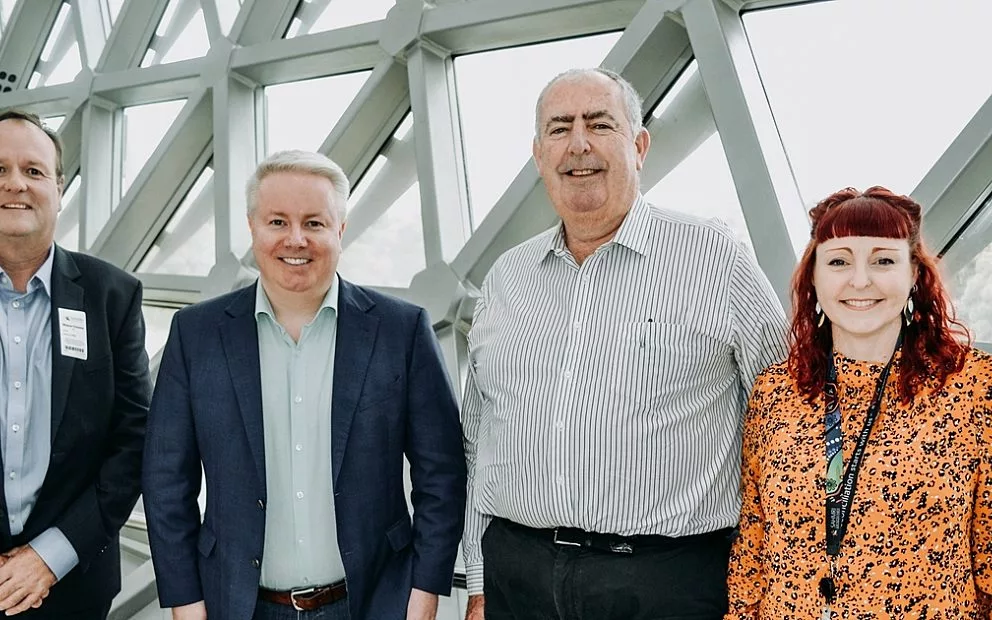An independent report into the state’s health and medical research sector has endorsed SAHMRI’s success in helping to arrest South Australia’s declining grant funding and industry output over the past two decades.
The draft report from South Australian Productivity Commission’s Health and Medical Research (HMR) Inquiry was released today.
SAHMRI’s Executive Director, Professor Steve Wesselingh, welcomed the Commission’s findings and recommendations.
“Before SAHMRI’s doors opened in 2013, South Australia didn’t have an independent institute whose sole focus is conducting and translating health and medical research,” Prof Wesselingh said.
“We had a mandate to work with our state’s universities and hospitals to reverse the trend in the HMR sector here. We’re still very young as an institution but can be proud that the Commission has recognised our success and the upwards trajectory of that success.”
The Commission’s Chair, Dr Matthew Butlin, says the draft report outlines proposed reforms to boost productivity further.
“South Australia’s health and medical research effort is critically important to the state becoming vibrant, modern competitive,” Dr Butlin said.
“Excellent clinical research is a key foundation for excellent medical staff and for improving health care and is the essential foundation of any sustainable local health and medical industries sector.”
Professor Wesselingh says the vital role of HMR, and clinical research in particular, has been even more apparent during the COVID-19 response period.
“Together with our hospital partners and the universities, SAHMRI already has a strong focus on attracting the best people whose work spans research and clinical care,” he said.
He cites examples of recent collaborations between SAHMRI, the University of Adelaide and the Central Adelaide Local Health Network to attract researcher clinicians across various fields.
“Associate Professor Dan Thomas is an enormously talented clinician and researcher who specialises in blood cancers,” Prof Wesselingh said.
“He returned to Adelaide last year after a decorated career at Stanford University and is a great example of what can be achieved when you’re affiliated with an institute like ours, a university and also the public health system.
“Similarly, Professor Mark Jenkinson came from Oxford University, bringing world-class expertise in neuroimaging, while Dr Johan Verjans is an esteemed cardiologist and researcher who now calls Adelaide home after studying and working across Europe and the US.”
The Commission’s recommendations also call for governance reforms to eliminate complexity and duplication.
“Further consultation will improve the final recommendations the Commission will make in November and I welcome contributions from interested parties,” Dr Butlin said.
The SAPC’s final report will be published in January 2021.
“I’d like to thank and congratulate the Commission on this work,” Professor Wesselingh said.
“We are very pleased that the Commission has confirmed the importance of HMR to South Australia and we look forward to helping shape a more focussed, cooperative and productive sector for the good of all South Australians.”
The South Australian Productivity Commission is an independent body established to make recommendations to the government to facilitate productivity growth, unlock new economic opportunities, support job creation and remove existing regulatory barriers within South Australia.


